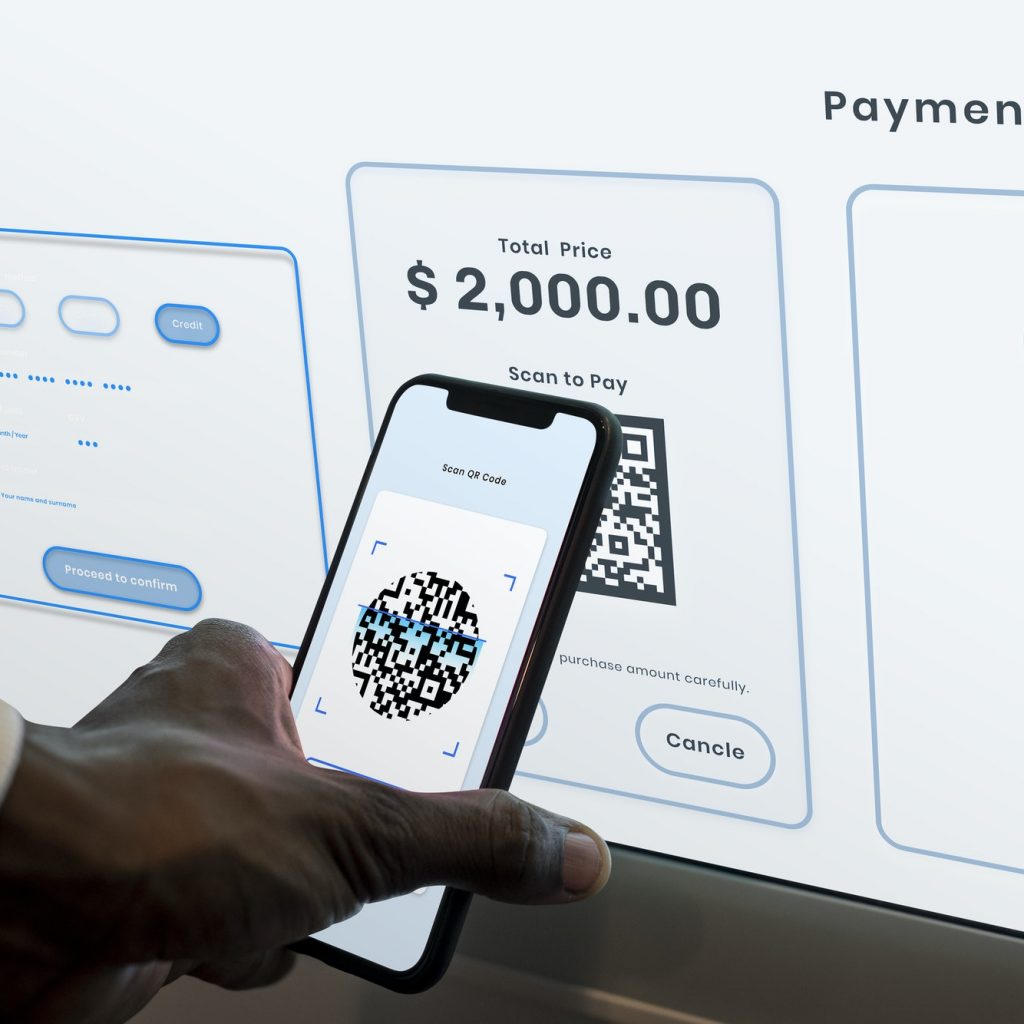Because a jumbo loan or mortgage exceeds the limits set by the FHFA, they’re considered nonconforming loans. These loans aren’t backed by the government, so they often require more of the borrower.
Quick Overview of Requirements for Jumbo Loans:
- Maximum amount of loan: None
- Typical Debt-to-Income Ratio (DTI) Limit: 43%
- Credit Score Minimum: 660
- Personal Mortgage Insurance (PMI): No – even with less than 20% down
- Property Use: Primary, Vacation, Investment
- Property Types: Single-Family, Condos, Multi-family units
- Harder to Obtain: Higher risk for lender
- Higher Closing Costs
- Higher Interest Rates (but not always)
- Cash Reserves: Some lenders require six months
- Refinance is possible
Lenders take greater risks with jumbo loans, so it makes sense that their requirements for borrowers are higher. You may notice that some, but not all, of these requirements are more strict than traditional home loans programs.
Debt-to Income Ration (DTI)
Because the mortgage on this type of loan will be larger, lenders are looking for a lower DTI. They want to see income and cashflow that indicates you can make your payments. As with any loan, there are other factors that may allow for a higher DTI. If you make a larger down payment and your credit score is higher, lenders will factor that into the risk.

Credit Scores
When applying for a jumbo loan, your credit score is important. Credit scores range from 300-850. The minimum for a jumbo loan is 660, but lenders like to see it higher. Here’s a scale of credit scores and their ratings.
800-850 = Exceptional
740-800 = Very Good
670-740 = Good
580-670 = Fair
300-580 = Poor
(Requirements: FHA = 580; VA = 580; Conventional= 620; USDA= 640; Jumbo=660)
While the minimum is 660, some lenders may require a higher score depending on the amount of the loan, the property type and purpose, the down payment, and your DTI. All factor into qualifying for a jumbo loan and the credit score they require. For example, if you’re purchasing a second home and you have another mortgage payment, lenders want to make sure you can afford both mortgages. A higher credit score indicates less risk to the lender.
PMI Not Always Required for Jumbo Loans
You might assume that PMI (Private Mortgage Insurance) is a necessity with a jumbo loan given its size. However, not all jumbo loans require PMI with down payments of less than 20%. Some lenders offer jumbo loans with smaller down payments and no PMI. They will look at all the factors, DTI, credit score, and your assets. After assessing your risk, you may not pay PMI, but you could end up with a higher interest rate
Rates
Typically, you might expect interest rates to be higher for these loans because of the risk to the lender, but that’s not always true. Current trends in the market reveal that, in some cases, jumbo loans rates are as low as traditional home loan programs. Just like PMI, the lender will look at several factors: Your income, DTI, credit score, bankruptcies, and assets.
Cash Reserves
Because your mortgage payment will be higher and the lender is taking a greater risk, they may require 6-12 months of payments in cash reserves. In some cases, they will count more than 50% of your retirement account toward your cash reserves.
Wrapping Up Jumbo Loans:
Jumbo loans are more common than ever before. If you’re looking at vacation home or investment property, a jumbo loan may be the answer for you. Lenders will consider you a greater risk. The better your credit and DTI, and the greater the down payment, the better your rates will be.
If you’re living in market where homes and the cost of living are higher, you’re not out of luck. You may need and qualify for a jumbo loan. Your credit, DTI, consistent income, and assets will determine whether you qualify, pay PMI, or pay higher rates.

Our loan comparison chart shows how jumbo loans differ from conventional loans and other government backed mortgages


